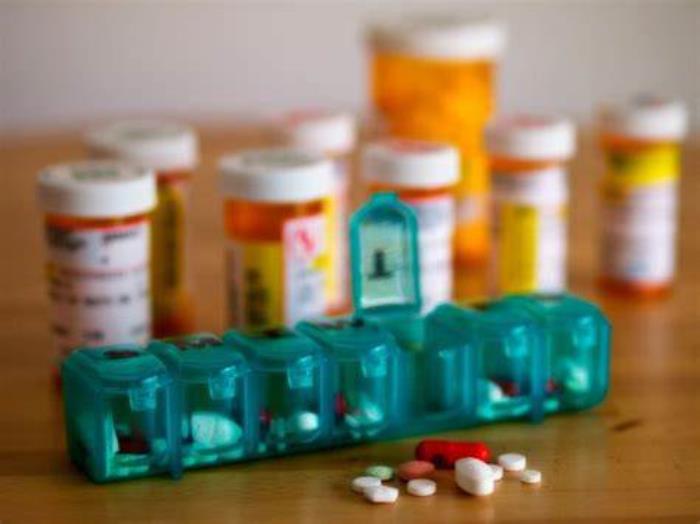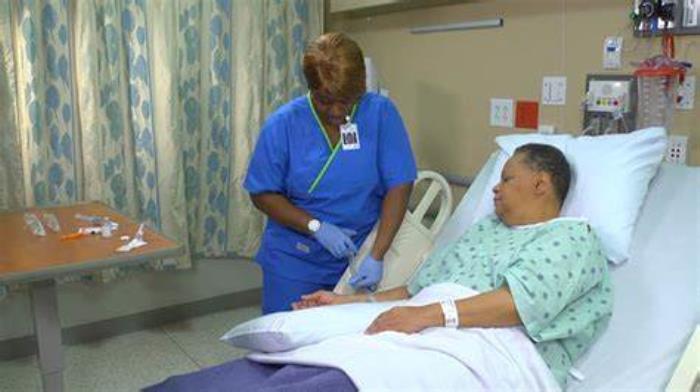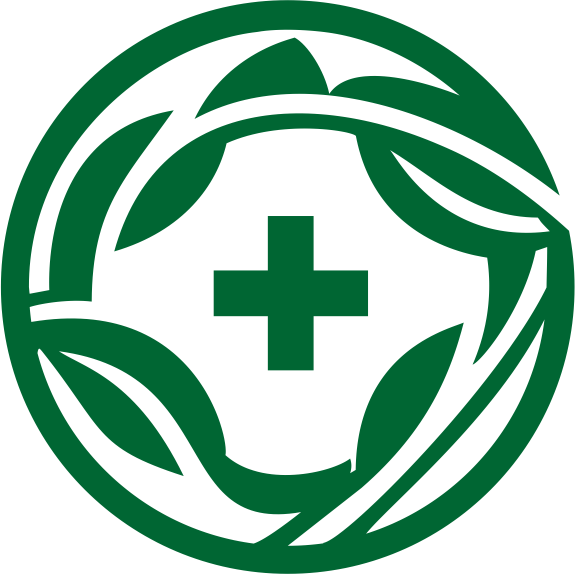Patent Ductus Arteriosus (PDA) is a congenital heart defect where the ductus arteriosus, a blood vessel connecting the pulmonary artery to the aorta, fails to close after birth. This condition can lead to abnormal blood flow between the lungs and the body, placing additional strain on the heart and lungs. While mild cases may not require intervention, moderate to severe PDAs often need treatment, including medication, to manage symptoms and prevent complications.
Symptoms of PDA That May Require Medication
Symptoms of PDA can vary depending on the size of the defect. In infants, common symptoms include difficulty breathing, poor feeding, and slow growth. A significant PDA may cause symptoms like a rapid heartbeat, fatigue, or frequent respiratory infections. Medications are often used in these cases to reduce the strain on the heart and manage the associated symptoms while considering surgical or catheter-based interventions.
The Role of Medications in Managing PDA Symptoms
Medications play a crucial role in managing PDA, especially in premature infants or those for whom surgery is not an immediate option. These medications aim to reduce symptoms such as fluid retention, heart strain, and respiratory distress. In some cases, specific drugs can even help close the PDA, particularly in neonates. This non-invasive approach can be a lifesaving measure in critical care scenarios.

Common Medications Prescribed for PDA
The medications commonly prescribed for PDA include nonsteroidal anti-inflammatory drugs (NSAIDs), diuretics, and beta-blockers. Each serves a specific purpose, from encouraging the closure of the ductus arteriosus to managing symptoms caused by increased blood flow through the defect. The choice of medication depends on the patient’s age, overall health, and the severity of the PDA.
How NSAIDs Help Close a PDA in Infants
Nonsteroidal anti-inflammatory drugs (NSAIDs), such as indomethacin and ibuprofen, are often used in premature infants to stimulate the closure of the ductus arteriosus. These drugs inhibit prostaglandin production, a hormone responsible for keeping the ductus arteriosus open. Administered under careful medical supervision, NSAIDs can be highly effective, particularly when initiated shortly after birth.
The Use of Diuretics to Reduce Heart Strain
Diuretics are prescribed to manage fluid overload caused by increased blood flow due to PDA. By reducing the volume of fluid in the body, diuretics alleviate the workload on the heart and lungs, improving breathing and overall comfort. This is especially beneficial for infants and children with symptomatic PDA who are awaiting surgical intervention or whose condition is being monitored over time.
Role of Beta-Blockers in Managing PDA-Related Symptoms
Beta-blockers may be used in some cases to manage PDA-related symptoms, particularly if the heart is under strain or if there is a risk of arrhythmias. These medications work by slowing the heart rate and reducing blood pressure, thereby decreasing the workload on the heart. Beta-blockers are typically considered when other management strategies are insufficient, ensuring comprehensive care for PDA patients.
Anticoagulants and Their Importance in PDA Treatment
Anticoagulants play a vital role in preventing blood clots in patients with PDA, especially those undergoing device closure or with increased blood flow through the ductus. These medications ensure smooth circulation, reducing the risk of complications such as embolism or stroke. However, careful monitoring is required to manage bleeding risks.
Pain Relief and Anti-Inflammatory Options for PDA Patients
Non-steroidal anti-inflammatory drugs (NSAIDs), like ibuprofen and indomethacin, are commonly used in premature infants to help close the ductus arteriosus. These medications work by reducing prostaglandin levels, which keep the duct open. In older patients, they may be used to manage inflammation and discomfort caused by PDA-related complications.
Monitoring Medication Effects in PDA Patients
Regular monitoring is essential to assess the effectiveness and side effects of medications used in PDA treatment. Blood tests, echocardiograms, and clinical evaluations help doctors adjust dosages and ensure that the medications are achieving the desired outcomes without causing adverse reactions.

Medication Alternatives for Premature Infants with PDA
For premature infants who cannot tolerate NSAIDs due to kidney or gastrointestinal side effects, alternative treatments like acetaminophen are sometimes used. While less effective in some cases, these alternatives offer a safer option for infants with specific health concerns.
Risks and Side Effects of PDA Medications
Medications used to treat PDA can cause side effects such as kidney dysfunction, gastrointestinal bleeding, or electrolyte imbalances, especially in premature infants. Adults may experience symptoms like dizziness or increased bleeding risk. Regular follow-ups are crucial to mitigate these risks.
The Role of Medications Before PDA Device Closure Surgery
Medications like diuretics and anticoagulants are often prescribed before device closure surgery to manage symptoms and stabilize the patient’s condition. Diuretics help reduce fluid buildup in the lungs, while anticoagulants minimize the risk of clot formation during the procedure.
Long-Term Medication Needs for Adults with PDA
Adults with PDA may require long-term medication to manage symptoms or associated conditions such as pulmonary hypertension. Medications like vasodilators or anticoagulants may be prescribed to reduce strain on the heart and prevent complications.
Adjusting Medication Dosages Based on PDA Severity
The severity of PDA influences the type and dosage of medications prescribed. For instance, larger PDAs with significant blood flow may require higher doses of diuretics or specific interventions, while smaller PDAs may only need occasional monitoring or milder treatments.
Advances in Pharmacological Treatments for PDA
New advancements in pharmacological treatments for PDA include targeted prostaglandin inhibitors and combination therapies that offer improved efficacy and reduced side effects. These developments aim to provide safer and more effective options for patients of all age groups.
Combining Medications with Lifestyle Adjustments for Better Outcomes
Medications alone may not fully manage PDA symptoms. Combining them with lifestyle changes such as maintaining a healthy diet, avoiding smoking, and managing stress can improve overall heart health and enhance the effectiveness of the treatment plan.
The Importance of Regular Checkups During PDA Medication Therapy
Regular medical checkups are essential for PDA patients on medication therapy to monitor progress, detect potential side effects, and adjust treatments as necessary. Timely intervention based on these evaluations ensures optimal outcomes and minimizes complications.
Best PDA Device Closure in India
The Best PDA Device Closure in India offers a minimally invasive solution to close the patent ductus arteriosus, helping prevent complications and improve heart function in affected patients.
Best PDA Device Closure Hospitals in India
The Best PDA Device Closure Hospitals in India are equipped with advanced technology and expert pediatric cardiology teams, ensuring comprehensive care for successful outcomes.
PDA Device Closure Cost in India
The PDA Device Closure Cost in India is affordable, offering patients accessible pricing and high standards of care across specialized hospitals.
Best PDA Device Closure Surgeons in India
The Best PDA Device Closure Surgeons in India are experts in pediatric heart procedures, providing skilled and compassionate care tailored to each patient’s needs.
FAQ
What medications are commonly used to treat PDA symptoms?
Diuretics, NSAIDs (like indomethacin or ibuprofen), and anticoagulants are commonly used to manage PDA symptoms and complications.
Are NSAIDs safe for all PDA patients?
NSAIDs are generally safe for premature infants but may not be suitable for those with kidney or gastrointestinal issues. Alternatives like acetaminophen may be used in such cases.
Can medications alone close a PDA?
Medications like NSAIDs can help close a PDA in premature infants, but in older children and adults, surgical or device closure is typically required.
What are the side effects of diuretics used in PDA treatment?
Diuretics can cause side effects such as electrolyte imbalances, dehydration, or low blood pressure, especially with prolonged use.
How long do PDA patients typically need to stay on medication?
The duration of medication therapy varies depending on the severity of the PDA and the patient’s overall health. Premature infants may require short-term treatment, while adults with complications may need long-term management.
Explore the Best Cardiologists and Cardiac Hospitals in India
When it comes to heart health, choosing the right specialist and hospital is crucial. We�ve compiled a list of top cardiologists and cardiac hospitals across India to help you find the best care available.
Top Cardiologists and Cardiac Surgeons in Major Cities
Discover the leading heart specialists in India�s major cities:
Conclusion
Your heart deserves the best care. Explore the links above to learn more about the top cardiologists and cardiac hospitals in India.
Related Resources
At ArogyaJivan, we strive to provide you with the most accurate and up-to-date information to help you make informed decisions about your healthcare. Whether you are searching for the Best Doctors in India or the Top 5 Doctors in India, our resources are tailored to guide you through your medical journey. Additionally, our comprehensive guides on the Best Hospitals in India and the Top 5 Hospitals in India will assist you in choosing the right healthcare facility for your needs. Explore these resources to ensure you receive the best possible care.
